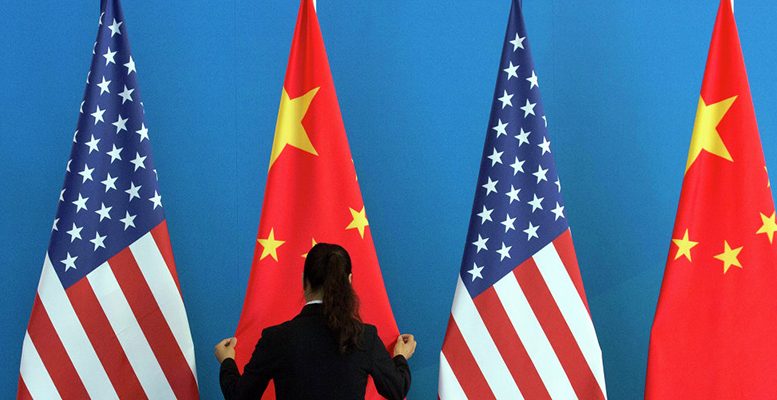Íñigo Isardo (Link Securities) | This week will be affected by the uncertainties of the trade conflict between the US and China after the latest “turn of the screw” introduced by US President Donald Trump into the trade negotiations. Last Thursday Trump announced on Twitter the imposition of 10% tariffs from 1 September on 300 Bn$ of imports from China which so far have not had to pay tariffs.
After the truce between the US and China reached at the G20 summit in Osaka (Japan), and the re-initiation of negotiations, China´s failure to buy significant quantities of US agricultural products, in exchange for US component makers being allowed to supply the Chinese operator Huawei, has ignited the impatience of Trump.
Trump sees time passing without the Asian country putting into actions the “nice words” of the negotiating table, believing that time plays in its favour. He subsequently indicated that he could soften the measure if there is proof that China is keeping its word and buying more US agricultural products. However, the Chinese foreign ministry spokesman has already threatened reprisals.
China is also conscious that among the products now to be hit with tariffs are sectors that are very sensitive in the US, like textiles (40% of clothes sold is made in China) and shoes (70% comes from China, which could affect their prices, and so private consumption in the US.
However, and despite the measure being less severe than initially announced (tariffs of 25%), it seems that Trump is willing to “play tough” to secure trade agreements favourable to his country. This should serve as a warning to European trade negotiators, the next due to negotiate an agreement with the US, with the European car sector possibly most affected.
The re-ignition of the trade conflict again affected the main US markets on Friday, provoking falls of 3.1% and 3.9% in the S&P 500 and Nasdaq Composite respectively. Both suffered their worst week of the year. The Dow Jones index registered its second worst week of the year, with falls of 2.6%. The main indices closed below their 50 week averages. European markets also suffered the worst day of the year on Friday, with the Ibex-35 its worst week of the year (-3.5%).
It seems that investors have assimilated central bank monetary activity, with special mention of last Wednesday´s 0.25% cut by the Federal Reserve. Initially this disappointed investors because of the lack of clarity about a second interest rate cut in 2019. But in the end, its chairman Powell did not close the door on another cut this year.
Employment data on Friday was in line with expectations, with an unemployment rate at its lowest level for decades, but without wage inflation pressure. This could favour a further interest rate cut by the Fed.
We should not lose sight of the situation in Europe, with the recently nominated British Prime Minister Boris Johnson as one of its protagonists. On Friday he saw his parliamentary majority reduced to one MP, which could be important with Brexit on the horizon for 31 October.
Meanwhile, the lack of a government in Spain, and the instability of the coalition government in Italy could also generate headlines, although we think they will pass to a second level this week, and will not have a major impact on markets.
In microeconomic terrain, the results season in Europe is coming to an end. Indeed in Spain it has practically finished. Meanwhile, in the US 60 companies listed on the S&P will publish these results this week, including Disney, Viacomm and News Corp.
The macro agenda this week is fairly light, although it begins intensely with the publication of the advanced indices for activity in July in the services sector, PMI services, for the main western economies, both in Europe (Germany, France, UK, Eurozone) and in the US (PMI and non-manufacturing ISM). These indices are significant, given the greater weight of services in the countries´ GDP (about 80%), and taking into account how they have sustained western economies, despite the repeated falls in the manufacturing indices.





